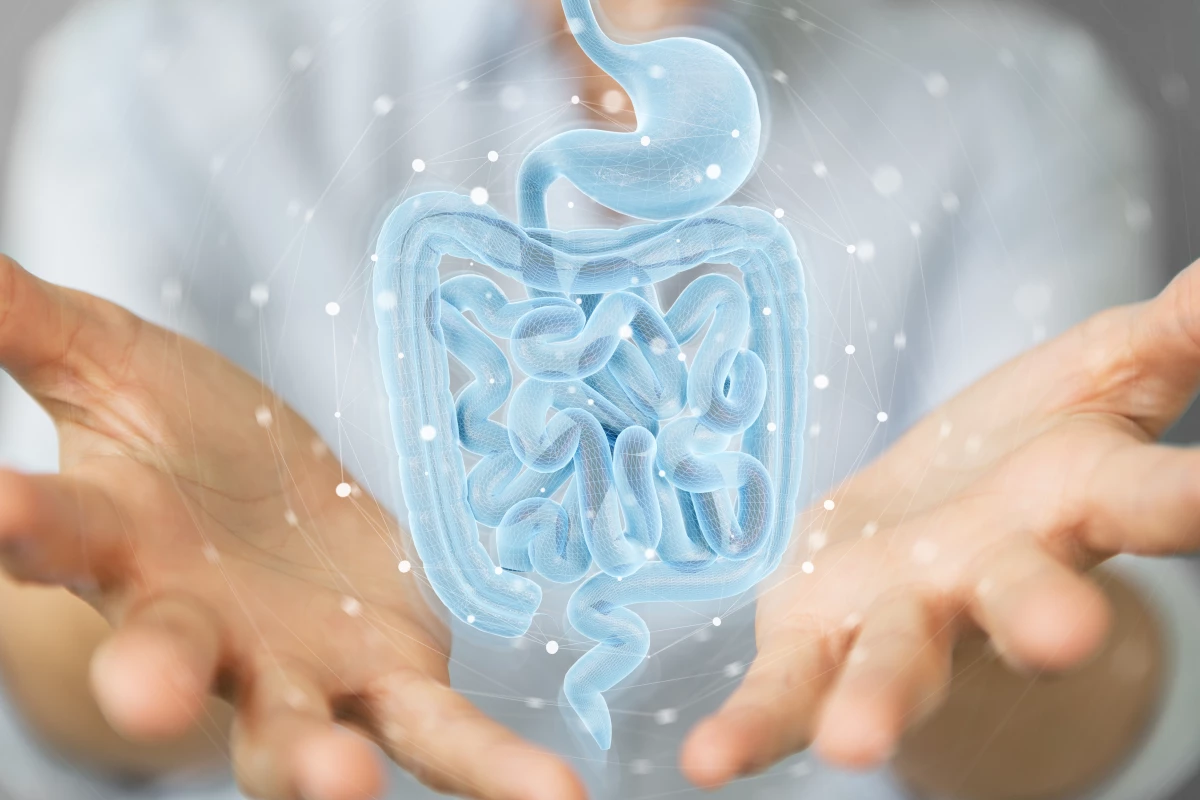According to the Crohn’s & Colitis Foundation, 1.6 million Americans have inflammatory bowel disease (IBD), with the numbers increasing each year. Around 70,000 new cases are diagnosed annually.
“There’s currently no cure for IBD, and for a significant proportion of the patients I treat, persistent relapses are distressing, severely impacting their day-to-day lives,” said Robin Dart, consultant gastroenterologist at Guy’s and St Thomas’ NHS Foundation Trust. “Treatments tend to focus on reducing inflammation, but despite improvements in therapy, relapse rates remain high.”
The good news, though, is that recent advances in genetics, immunology and microbiology have given scientists a much better understanding of the disease and, in turn, how best to focus research on developing innovative treatments for it.
Dart and a collaborative team of researchers from the Francis Crick Institute, King’s College London and Guy’s and St Thomas’ NHS Foundation Trust, have now characterized a subset of specialized T cells, V-gamma-4 (Vg4), which play a key role in gut-lining protection and repair.
“We need to start targeting other areas, such as repairing the gut barrier, and γδ T cells, particularly Vg4 cells, may offer a way to do this,” said Dart.
Looking at healthy and IBD colon tissue samples from 150 patients, the researchers found a distinct difference in gamma delta (γδ) T cells between the two cohorts. In healthy guts, they found a robust population of Vg4 T cells, but in the tissue taken from IBD patients, this subset of cells was different, and in many cases significantly depleted.
“I see gut γδ T cells as a vacuum cleaner clearing up damage done by infections and toxins coming in through a door which has to be kept open in order for food to pass through,” said lead author Adrian Hayday, professor of Immunobiology at King’s College London. “If the γδ T cells aren’t working properly, damage accumulates, driving inflammation and potentially cancerous changes that can build to unchecked levels.”

If these protective immune cells are depleted, it leaves the gut vulnerable to disease progression. People with poorly managed IDB are at a higher risk of developing colorectal cancer.
“The links between uncontrolled IBD and particularly severe forms of colon cancer aren’t well understood,” said Hayday. “So, it’s fascinating that the key immune cell subset that we have identified as missing in IBD, may also be the same as the gut γδ T cells described by another group in Milan as having profound potential to attack colon cancer cells. We think that defects in these cells could conceivably link the two diseases.”
The researchers also found that IBD patients who had a restored, functioning Vg4 T cell population were less likely to relapse after a bout of inflammation than those who didn’t.
These findings have the potential to lead to better clinical treatment for IDB and provide more acute markers for monitor disease progression and recovery.
The research was published in the journal Science.
Source: The Francis Crick Institute





